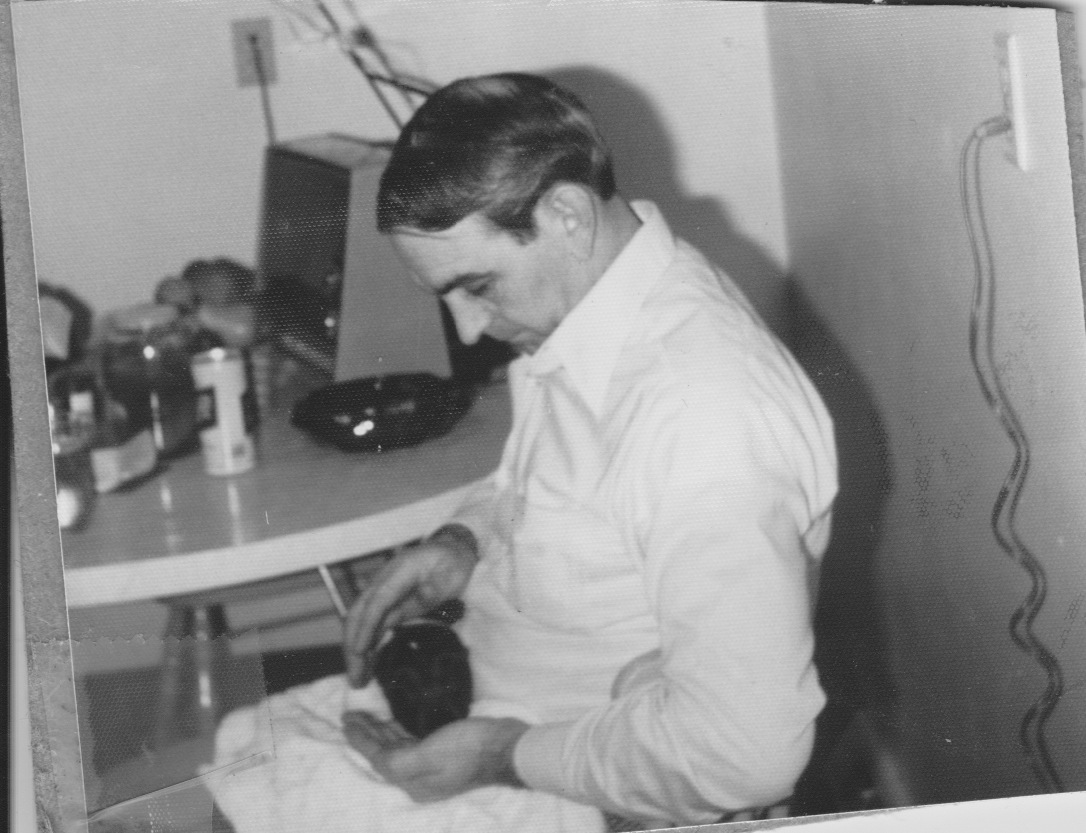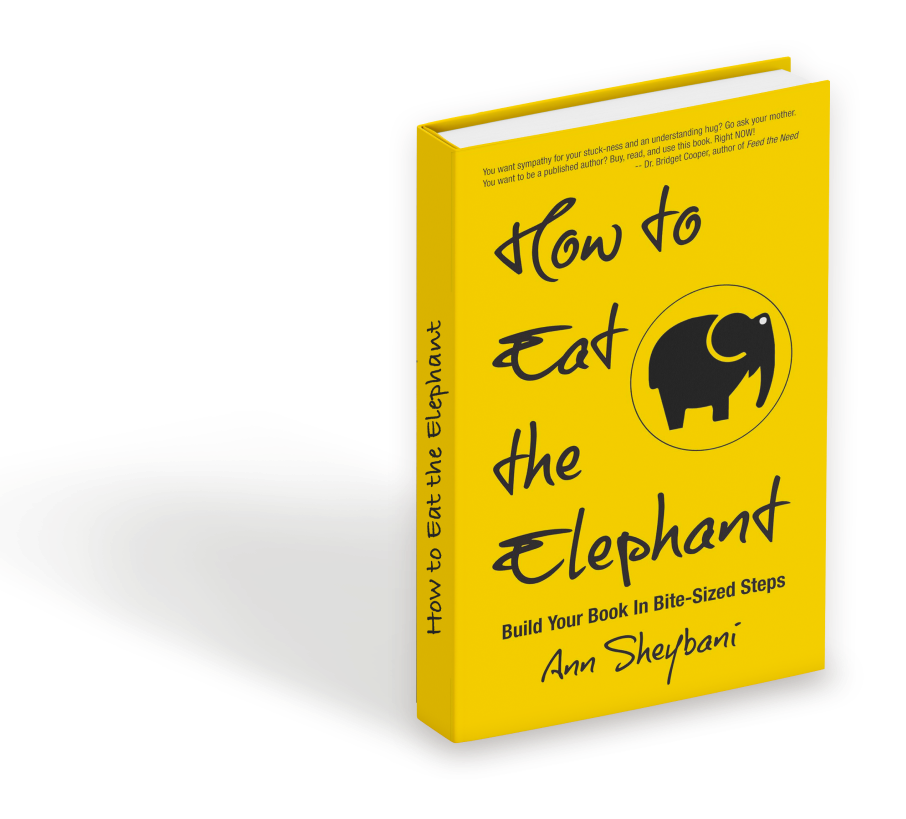My friend, L, is the most “normal” woman I’ve ever met. She doesn’t cart around emotional baggage, not even a change purse-full. Her decisions have always seemed so… sensible.
I’m pretty sure L’s superpowers—stability and confidence—are a gift from her father.
He’s this working class, Italian dude from New Jersey who’s been married to L’s mom for nearly half a century. Everything he does, and I mean everything, screams bankable.
After a dozen years, I can still picture him at the finish line of our first marathon. Cheering, face alight with pride, fists pumping in the air as his daughter rounded the final bend through Bushnell Park. He’d driven all the way to Connecticut, hung out in the hot sun for hours on end, just so he could offer her his support.
I can still feel the pang of envy. No way in hell my dad would have thought to appear. Even before my father died, he was decidedly not there. Coping with his life was a full time job.
A man can abandon his daughter in a lot of ways. He can up and die, or run off one evening after a pack of cigarettes and forget to come home. He can be there in body but absent in every other way. Or, if absent isn’t bad enough, he can be down right malevolent.
Let’s face it. Lots of immature and/or damaged men have kids and they’re just not cut out to be L’s Dad.
Without the firm, loving presence of a father, women often end up insecure, vulnerable, and unsure.
I have a picture of myself at three years old and I swear to God you can spot my Daddy Hole—that insatiable hunger for a father’s love that can send one off on a lifelong goose chase.
Cheryl Strayed, in her brilliant memoir, Wild, a freaking treatise on the Daddy Hole if ever the was one, writes this:
The father’s job is to teach his children how to be warriors, to give them the confidence to get on the horse and ride into battle when it’s necessary to do so. If you don’t get that from your father, you have to teach yourself.
I used to worry a lot about my daughter, and her own Daddy Hole. She spent a lot of years trying to teach herself how to ride a horse and it didn’t go so well.
When her father died, she started looking for someone, some thing, to replace him.
Like the brooding French boy with gelled hair and skintight jeans she met her (high school) junior year abroad. After returning to the States, her face would go dark each time she recounted their parting scene—the two ripped from each others arms by teachers as she was forced to board the train. She’d clung to her father that way the day he went away.
Then she racked up her phone bill calling a cousin in Iran, who had taken to wooing her on the sly. (When had the two, who could barely speak the language of the other, developed a relationship? ) It was only natural that she would crave the love of her older, first-cousin, the closest, almost acceptable, replica of the man she had lost. But there was no way I could let them carry on.
When she came home to her apartment in Baltimore, the one she lived in when she got her first job, she’d cover herself with a chador, face Mecca, and kneel on her father’s old prayer rug five times a day. During Ramadan and Maharam, she’d fast from sunrise to sunset. A conservative, she had no interest in hanging out at parties or dating anymore.
I used to imagine that she’d choose an older, serious man when it was time for her to marry. That she’d wear a white gown and smile as her friends ground sugar cones into dust above a satin canopy. She’d squeeze her eyes shut when she licked the honey off her groom’s finger and pretend the French boy never happened. She’d notice the empty spot where her father would have stood in his suit. She’d place her hand over her heart, and just for a moment, her breath would catch. When she actually married five years ago, it didn’t go quite that way but close enough for government work.
I don’t think you’re doomed if you’ve got a Daddy Hole. It simply means you need to be aware of your natural tendency to fill it by seeking rescue.
What comes naturally for an L requires some thought and effort on our part. We’ve got to become our own best champions. We’ve got to cheer for ourselves. We’ve got to surround ourselves with really enthusiastic friends. We’ve got to show up and be enthusiastic for them in return. We’ve got to stop waiting for Daddy to return.
“This isn’t about strength,” said Pat. “And you may not be able to see this yet, but perhaps there will come a time—it could be years from now—when you’ll need to get on your horse and ride into battle and you’re going to hesitate. You’re going to falter. To heal the wound your father made, you’re going to have to get on that horse and ride into battle like a warrior.”
Wild
If you’ve got a terrific father, like L’s, don’t forget to thank him.


